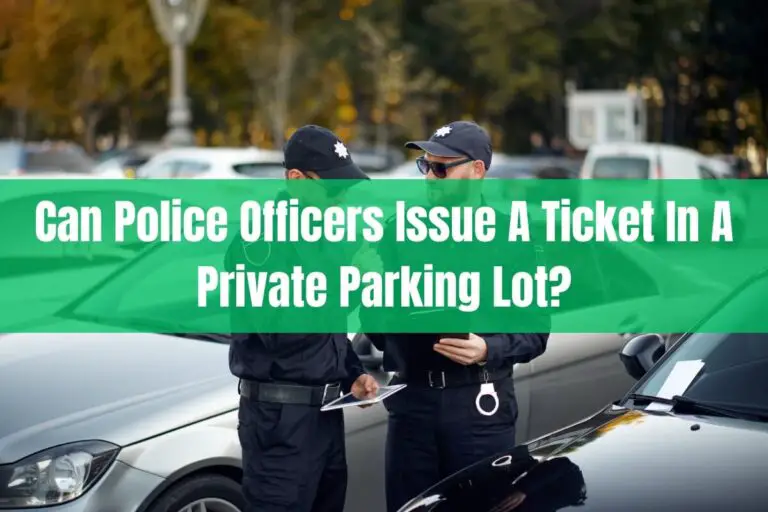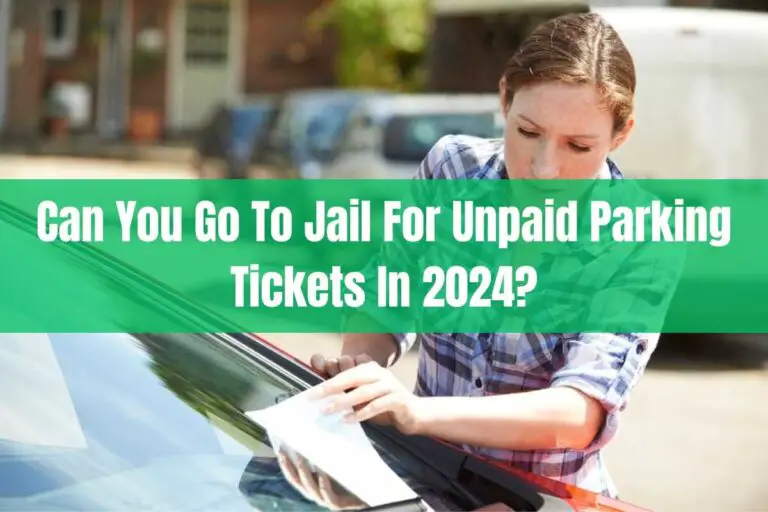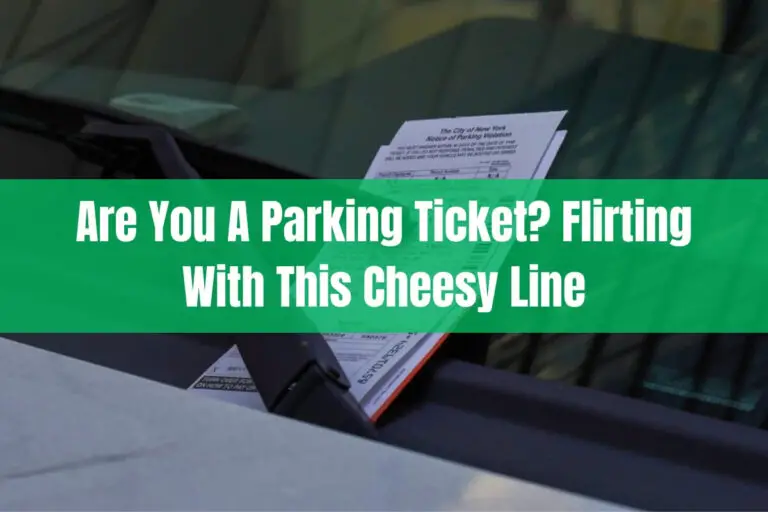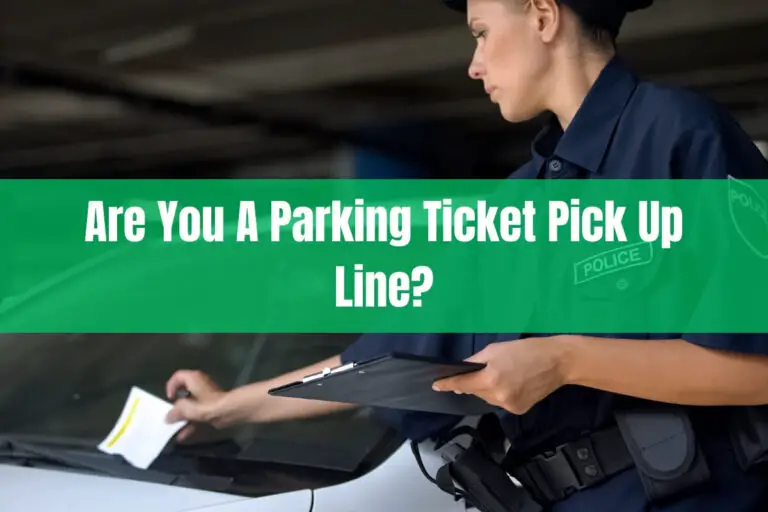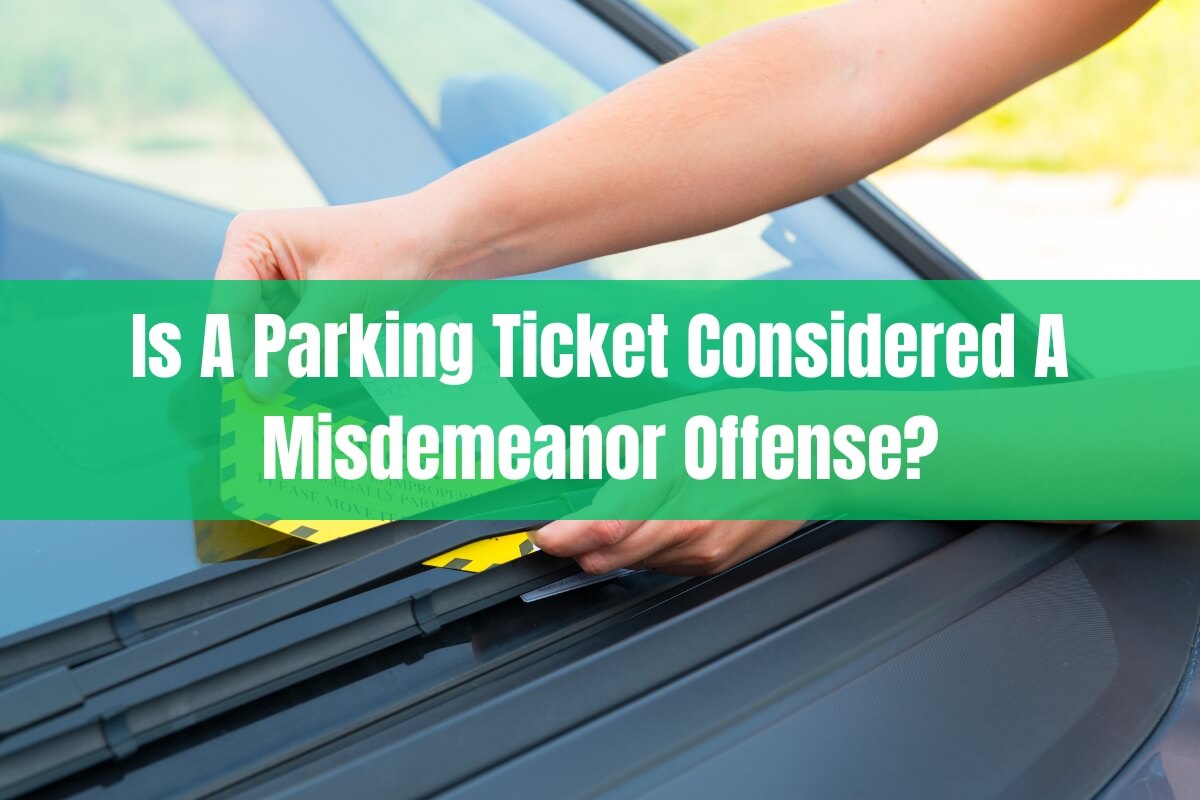
We’ve all experienced that sinking feeling of returning to our parked car to find an unwelcome surprise tucked under the windshield wiper. Parking tickets can make even the most law-abiding drivers grumble.
But could failing to pay a parking ticket potentially lead to being charged with a misdemeanor offense? Let’s take a look at what constitutes a misdemeanor, whether parking tickets qualify, and the consequences of leaving citations unpaid.
What is Considered a Misdemeanor Offense?
A misdemeanor is a criminal offense that ranks above an infraction but below a felony in severity. Misdemeanors carry more serious penalties than infractions but less than felonies.
The punishment for misdemeanors varies by state but typically includes:
- Fines up to $1000
- Imprisonment in a local or county jail for under 1 year
- Probation or community service
Misdemeanors do go on your criminal record and can impact job applications, housing, loans, and other aspects of life.
There are often three classifications of misdemeanors:
Class A or 1
Considered the most serious misdemeanors. The maximum sentence is usually up to 1 year in jail. Examples include assault, petty theft, and first offense DUIs.
Class B or 2
Mid-level misdemeanors with maximum jail sentences around 6 months. Common examples include prostitution, simple drug possession, and DUI with a prior offense within 5 years.
Class C or 3
The least serious misdemeanor charges, often simply punishable by fines. Disorderly conduct, public intoxication, and minor traffic offenses like driving without insurance typically fall into this category.
Now that we understand how misdemeanors are classified, does a parking ticket qualify?
Do Parking Tickets Count as Misdemeanors?
In most cases, the answer is no. Parking tickets are civil infractions rather than criminal violations. There are some key differences:
- No jail time – Parking tickets are punishable by fines only, not imprisonment. Fines are usually under $60 and $125 for a standard parking meter or sign violation.
- Not on criminal record – They don’t go on your criminal history or background checks run by employers, landlords, etc.
- No impact to driving record – Points are not added to your license, insurance rates don’t increase.
- No required court appearance – You simply pay the fine, no need to go to court.
With all that said, there are a couple exceptions where parking tickets could potentially be charged as misdemeanors:
- Parking in a handicapped space without a valid placard is a misdemeanor offense in some states.
- Accumulating multiple unpaid parking tickets over an extended timeframe may count as a Class C misdemeanor in certain jurisdictions. For example, anyone with 10+ unpaid tickets over 5+ years.
Overall though, the vast majority of parking tickets are simple civil fines not considered misdemeanors. A single ticket for an expired meter or no parking zone would not be treated as a criminal offense.
What Happens If You Don’t Pay a Parking Ticket?
While a single parking ticket is no big deal, ignoring them and allowing fines to pile up can lead to some seriously negative consequences:
- Late fees quickly double or triple the original fine amount. For instance, Chicago parking ticket fines double in as little as 7 days.
- Vehicles with 3+ unpaid finalized tickets may get booted or impounded until full payment is made. You’ll also owe hefty boot removal and towing/storage fees.
- Driving privileges can be suspended for excessive unpaid parking tickets until arrangements are made to pay the fines.
- Unpaid tickets often go to collections after 90-180 days, damaging your credit score and rating.
- In some states, unpaid tickets can prevent vehicle registration renewal.
Clearly, it’s unwise to toss those parking tickets in the glove compartment and forget about them! Taking care of citations promptly or contesting them through proper channels is highly recommended.
When Does a Traffic Ticket Become a Misdemeanor?
Many common traffic offenses like speeding, stop sign/light violations, and cell phone tickets are infractions or civil penalties. However, certain egregious violations can rise to the level of misdemeanors. Some examples include:
Reckless Driving
A reckless driving misdemeanor may involve speeding at an excessive rate, swerving dangerously between lanes, racing, failure to yield right of way, or similar hazardous actions showing blatant disregard for safety.
Driving Under the Influence (DUI)
A first offense DUI is typically charged as a misdemeanor. Subsequent DUIs often face felony charges. Jail time, license suspension, alcohol education classes, and ignition interlock devices are common penalties.
Driving with a Suspended or Revoked License
This includes driving when your license has been suspended or revoked for any reason, such as unpaid tickets, excessive points, or a prior DUI conviction. Punishments vary by state but all consider it a serious offense.
Leaving the Scene of an Accident
Commonly referred to as a “hit and run”, leaving the scene of an accident that caused injury, death, or significant property damage can be charged as a misdemeanor or felony depending on circumstances.
As you can see, the classification of a traffic ticket often depends on the severity of the violation and resulting damage or harm. Infractions can easily become misdemeanors when reckless driving is involved.
Tips for Dealing with Parking and Traffic Tickets
Here are some tips to keep in mind if you receive a dreaded parking or traffic ticket:
- Pay promptly – Pay within the allowed time frame, usually 7-30 days depending on jurisdiction. This avoids late fees which quickly escalate fines.
- Consider contesting – Request a hearing to argue your case if you have evidence the ticket was issued incorrectly or emergency circumstances were present.
- Get legal help for misdemeanors – Consult a traffic ticket attorney if charged with any criminal traffic violation. They can help minimize penalties.
- Discuss payment plans – If unable to pay in full, contact the court to discuss payment plan options to avoid being sent to collections.
- Resolve matters quickly – Take care of each parking or traffic ticket in a timely manner to prevent fines from snowballing out of control.
- Check license status – Verify your license is valid and not suspended for unpaid tickets before driving. Driving with an invalid license can lead to jail time.
Acting promptly and responsibly when faced with parking citations or traffic tickets is always the wisest approach.
Could You Actually Go to Jail for Unpaid Parking Tickets?
Given that parking tickets are civil offenses rather than criminal, jail time is extremely unlikely for unpaid parking fines. However, there are a couple scenarios where jail is a possibility:
- Outstanding debt from unpaid tickets could theoretically lead to civil contempt of court if violation of a court order to pay is proven. However, contempts rarely result in jail for minor debts like parking tickets.
- Those with excessive unpaid tickets could face arrest and brief detention until the fines are paid. But again, courts do not commonly imprison for failure to pay civil debts.
- Parking in handicapped spaces with an invalid or no placard can be charged as a misdemeanor offense. Only criminal charges allow jail time.
While these situations are hypothetically possible, the reality is most jurisdictions use alternate methods like booting vehicles rather than jailing those with unpaid tickets. Proving inability to pay and making payment arrangements is far more constructive.
Free Case Evaluation for Traffic Offenses
If you have been charged with any traffic offense beyond a simple speeding ticket, consulting an attorney is highly advisable. Misdemeanor and felony traffic charges involve much more than just paying a fine.
An experienced traffic lawyer can review your case details and provide legal guidance tailored to your specific circumstances. This could include negotiating reduced charges, minimizing penalties to keep your license, or possibly getting charges dropped altogether.
Don’t hesitate to speak with a qualified traffic attorney for a free initial consultation if you are facing criminal charges. The ramifications of being convicted on your permanent record make legal representation well worth the cost.
In Summary
- Parking tickets are civil infractions, not misdemeanor or felony criminal offenses. Fines do not lead to jail time in most cases.
- Leaving parking tickets unpaid can result in late fees, impoundment, suspended license, credit damage, and inability to renew registration.
- Reckless driving, DUI, driving without a valid license, and hit-and-run offenses can potentially be charged as misdemeanors or felonies.
- Seeking experienced legal counsel is highly recommended when facing criminal traffic violations to minimize overall penalties.
- Act responsibly by promptly paying parking and traffic tickets or exercising your rights to contest through proper legal channels. Avoid complacency and act before citations escalate out of control.
With some mindfulness and responsibility, parking and traffic tickets don’t have to be unavoidably stressful events. Seeking legal guidance provides peace of mind if more serious violations occur down the road. We all make mistakes, but learning from them and taking corrective action helps us become safer, wiser drivers.

